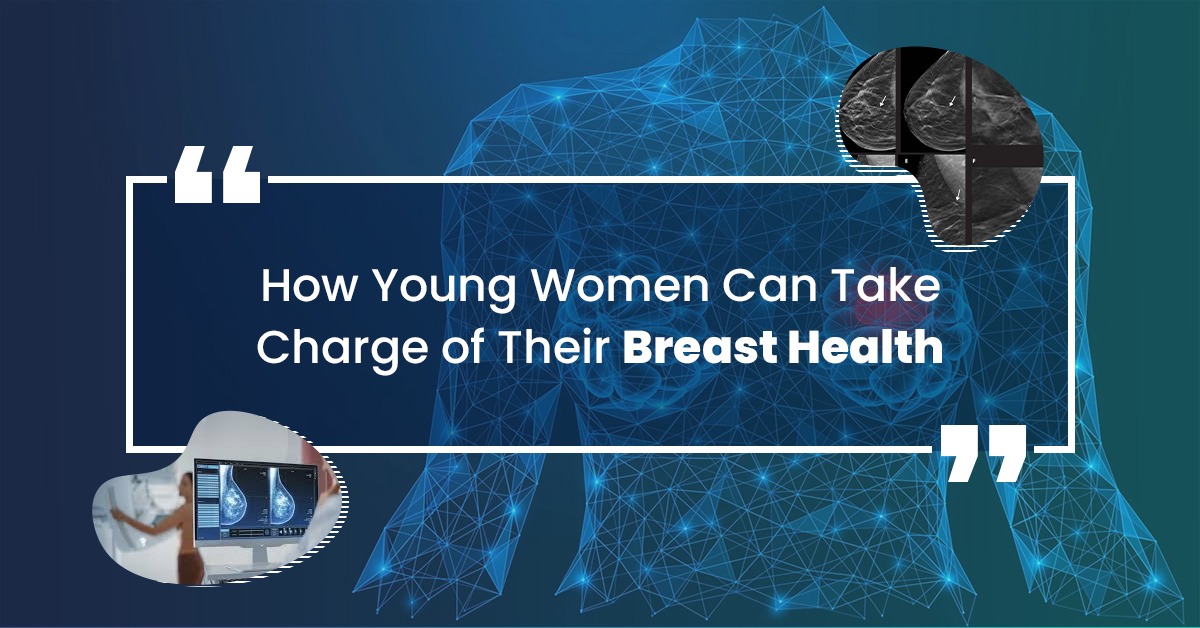Maintaining breast health is crucial for young women as it can help detect any potential issues early, ensuring timely intervention and treatment if needed. By understanding how to monitor your breast health through self-exams, knowing your family history, and recognizing when to seek medical advice, you can empower yourself with the knowledge needed to stay healthy and informed.
Why Breast Health Matters
Breast health is not just important for older women—it matters for young women too. Your breasts undergo changes throughout your life, influenced by factors like hormones, age, and lifestyle. Regular monitoring helps in becoming familiar with what’s normal for you and spotting any changes that may need attention.
Understanding Your Family History
Research shows that having a family history of breast cancer can significantly increase your risk of developing the disease. If you have close relatives (like your mother, sister, or grandmother) who have had breast cancer, it’s important to discuss this with your doctor. They may recommend starting screenings earlier or more frequently than usual.
How to Perform a Breast Self-Exam:
Performing regular breast self-examination can help you become familiar with how your breasts normally look and feel, making it easier to spot any changes.
- Visual Examination: Examine your breasts in front of a mirror with your arms at your sides. Look for any changes in size, shape, or contour of your breasts.
- Manual Examination: Lie down and use the pads of your fingers to feel for lumps or thickening in your breast tissue. Move your fingers in small circles around the entire breast area, including the armpit.
- Nipple Examination: Gently squeeze each nipple to check for discharge or changes in direction.
Performing these self-exams regularly—ideally once a month—can help you detect any abnormalities early and discuss them with your healthcare provider promptly.
When to Seek Medical Advice
While most breast changes are not cancerous, it’s essential to be aware of potential signs that warrant medical attention:
- Lump or Thickening: A new lump or mass in the breast or underarm.
- Changes in Breast Size or Shape: Dimpling, puckering, or bulging of the skin.
- Nipple Changes: Sudden inversion, discharge (other than breast milk), or rash around the nipple.
- Pain: Persistent pain or tenderness in the breast.
If you notice any of these signs or other unusual changes, don’t hesitate to consult your doctor. Early detection can significantly improve treatment outcomes if breast cancer is diagnosed.
Conclusion
Empower yourself with knowledge and take proactive steps to monitor your breast health. By performing regular self-exams, understanding your family history, and knowing when to seek medical advice, you are taking important steps towards maintaining your well-being. Your breasts are an integral part of your overall health, and staying informed ensures that you can address any concerns promptly and effectively.
References
- American Cancer Society Visit American Cancer Society
- National Cancer Institute Visit National Cancer Institute
- Mayo Clinic Visit Mayo Clinic
- Centers for Disease Control and Prevention (CDC) – Breast Cancer Information Visit CDC Breast Cancer Information
- PubMed Visit PubMed


